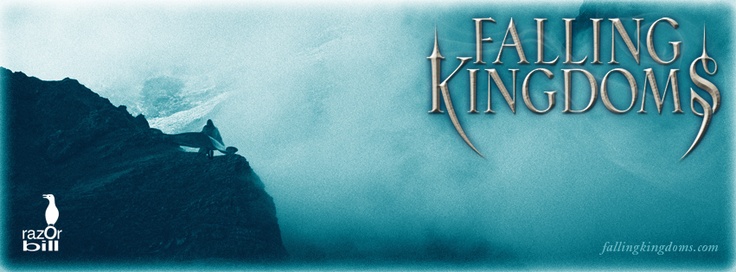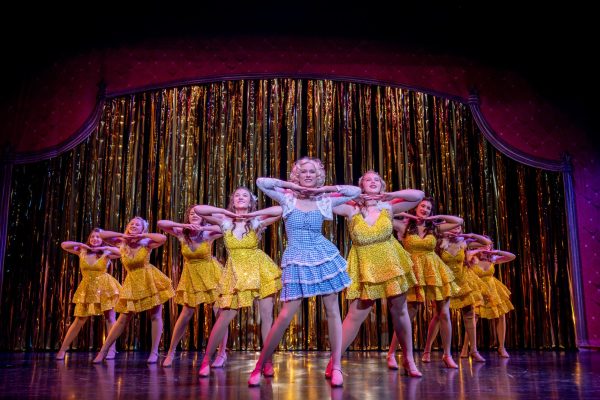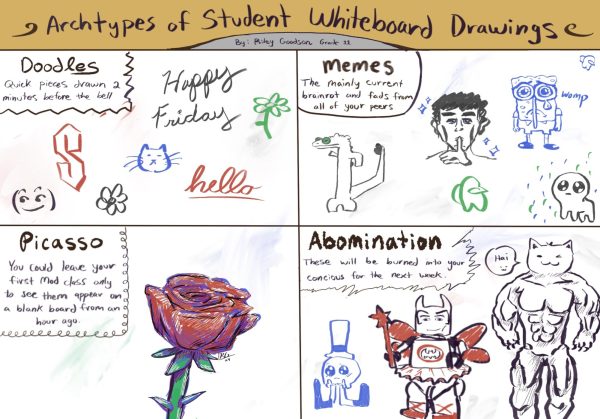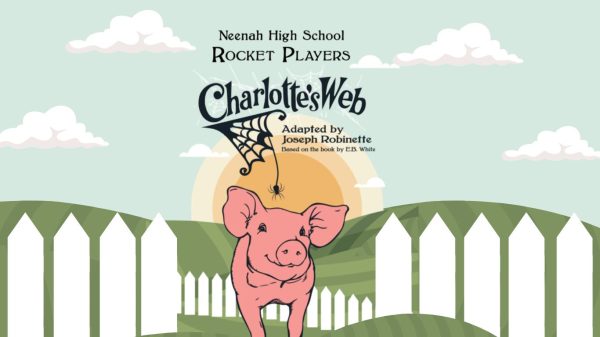“Falling Kingdoms” Brings Essential Elements Back to Fantasy Books
“Falling Kingdoms” by Morgan Rhodes brings magic back to life in the young adult genre through multiple point of views. The first book in this fantasy series brings many expectations along with it, like explaining the new world the readers are delving into, developing characters and successfully packing the plot with numerous points of action. “Falling Kingdoms” brings it all.
Rhodes beautifully explains the fantasy world through a series of point-of-views, which fully envelopes the variety of cultures in Mytica, the main island. Not much is talked about outside of Mytica, which leaves readers wondering if there is a rest of the world at all. The island is cut into three different kingdoms: Auranos, Paelsia and Limeros, each ruled by different kings. A peace has hovered over the lands throughout a century, but within the first chapter this peace is disturbed by a murder in Paelsia.
Throughout the book readers glimpse more and more of this wonderful and mythical Mytica that Rhodes imagines in the pages of the book.
Within Mytica’s three kingdoms are four points-of-views that fully illustrate the difference in cultures and beliefs among the kingdoms. Readers see the world through Princess Cleo of Auranos, Prince Magnus of Limeros, Princess Lucia of Limeros, and Jonas Agallon, with few other supporting characters’ point-of-views thrown in the mix to keep it interesting. While the introduction of each character was well written not much development happened within this first book with all of the characters. Princess Cleo had the most development because of the amount of action she encountered. Princess Lucia was a close second, once again, because of the action she came across. The men, while being an integral part of the plot that occurred, had very little development. Majority of readers were not invested into the characters with “Falling Kingdoms,” but rather with the plot.
“Falling Kingdoms” is not a character-driven book, but is rather plot-driven instead. The story begins with the capture of the sorceress in the prologue. Then begins the real plot. (There are too many spoilers to be told, so please excuse the vagueness of the explanation.) The first chapter begins with the unrest over the murder of a wine-seller’s son in Paelsia, which really gives King Gaius a reason to take over all of Mytica, a mission he has envisioned since a young age. The unrest continues throughout the action-packed plot with numerous riots resulting in a ginormous war at the end. Many royals and peasants alike die throughout the story of how Mytica’s three kingdoms became one once again. The ending did not leave readers with a cliff-hanger but rather a halfway closed sort of manner. It was obvious that it was going to occur, but also kept readers wondering just what was going to happen at the beginning of “Rebel Spring,” the second book in the “Falling Kingdoms” series.
Morgan Rhodes is not revolutionizing fantasy novels, but bringing them back to life for readers with four simple words: air, fire, earth and water.









